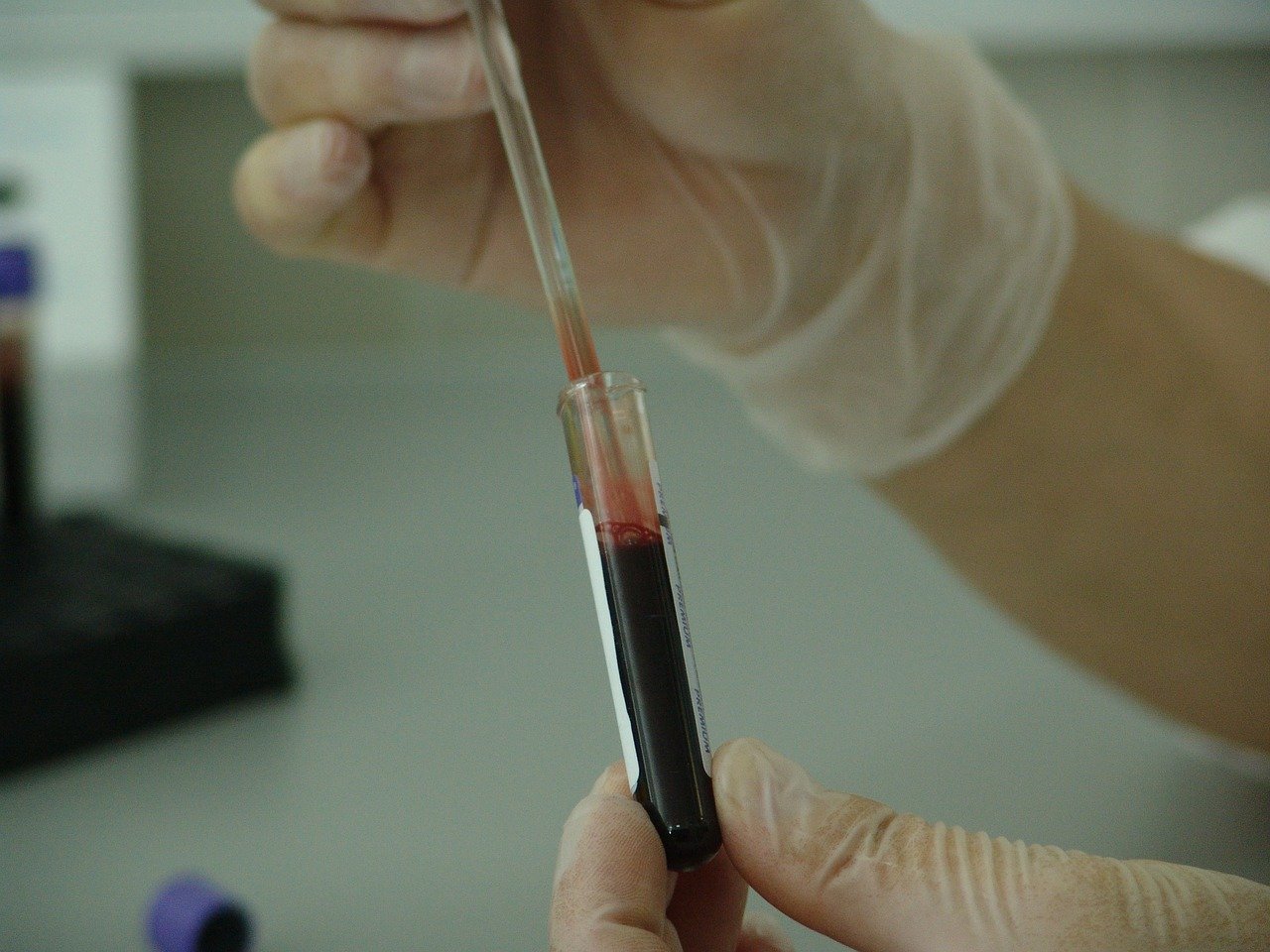Israeli scientists at the Hebrew University of Jerusalem have developed a blood test that will ultimately be able to diagnose Parkinson’s disease, based on a study of the protein alpha-synuclein in red blood cells.
The study, “α‐Synuclein in blood cells differentiates Parkinson’s disease from healthy controls,” was published in the journal Annals of Clinical and Translational Neurology. Alpha-synuclein levels in the blood have been evaluated as a biomarker for Parkinson’s.
‘);
_avp.push({ tagid: article_top_ad_tagid, alias: ‘/’, type: ‘banner’, zid: ThisAdID, pid: 16, onscroll: 0 });
Parkinson’s disease is characterized by a build-up of the protein alpha-synuclein in the brain, which then goes on to form clumps of misfolded proteins known as Lewy bodies that damage nerve cells. Low levels of misfolded alpha-synuclein have been found in the blood of Parkinson’s patients and are associated with the disease progression.
Researchers at The Hebrew University‐Hadassah Medical School in Jerusalem tested the levels of alpha-synuclein in red blood cells isolated from 46 people with Parkinson’s in order to determine whether alpha-synuclein levels in blood cells could be a biomarker for Parkinson’s disease. They compared the levels to those from 45 healthy controls.
The Parkinson’s patients were divided into two groups: 32 people with motor symptoms and 14 with symptoms of dementia as determined by the Montreal Cognitive Assessment. Blood cell alpha-synuclein levels of these two groups were then compared to healthy controls.
While the average levels of blood cell alpha-synuclein from both Parkinson’s groups combined were slightly lower than those of controls, alpha-synuclein levels in patients with motor symptoms were significantly higher than both controls and patients with dementia symptoms. The same was true for the levels of misfolded alpha-synuclein, also in its phosphorylated form; it followed the same pattern, and was significantly higher in motor symptom patients, and correlated with disease severity. No difference was found between the groups in the test for oxidized alpha-synuclein.
A second set of blood samples was collected and tested from 35 Parkinson’s patients with motor symptoms and 28 healthy controls as well in order to validate the three tests as potential Parkinson’s biomarkers.
The analysis confirmed that the three markers reliably differentiated between Parkinson’s patients with motor symptoms, and healthy controls.
“We conclude that blood cells expressed [alpha-synuclein] can differentiate [Parkinson’s with motor symptoms] and [healthy controls] with a high degree of accuracy. It provides a reliable classification rate, correlates with the severity of disease and is reproducible,” the researchers wrote.
‘);
_avp.push({ tagid: article_top_ad_tagid, alias: ‘/’, type: ‘banner’, zid: ThisAdID, pid: 16, onscroll: 10 });




